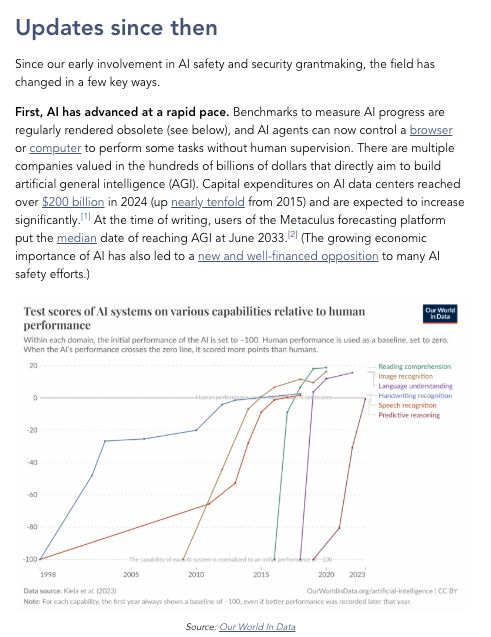Alexander Berger
@albrgr.bsky.social
1.7K followers
650 following
290 posts
CEO of Open Philanthropy
Posts
Media
Videos
Starter Packs
Reposted by Alexander Berger























